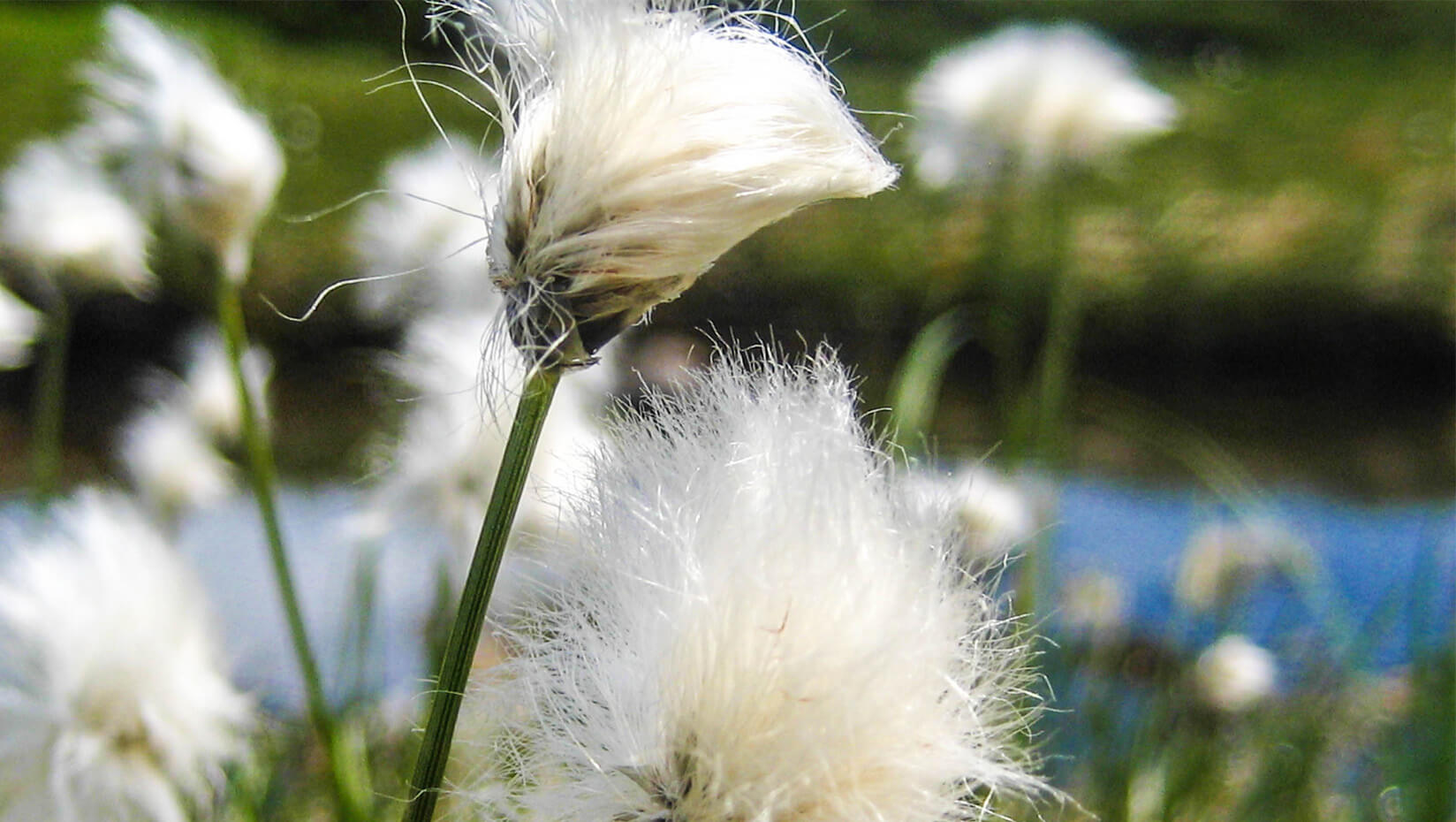
For plants, McDonough MacKenzie pens love letter, launches website
Caitlin McDonough MacKenzie called her grandmother each spring during her childhood when the rhododendrons bloomed in her hometown in Massachusetts. To celebrate, they’d go on a wildflower picnic in Moore State Park.
McDonough MacKenzie still thoroughly enjoys “botanizing.” And the David H. Smith Conservation Research Postdoctoral Fellow at the University of Maine Climate Change Institute also likes learning how plants have impacted the lives of others.
So on Valentine’s Day 2018, Rebecca Barak, McDonough MacKenzie and seven other David H. Smith Conservation Research Fellows — Sara Kuebbing, Molly Bletz, Joan Dudney, Bonnie M. McGill, Mallika A. Nocco, Talia Young and Rebecca K. Tonietto — launched the website Plant Love Stories.
These conservationist biologists “who work and play in forests and prairies, oceans and lakes, mountains and caves, farms and cities, streams and rivers, deserts and wetlands and all the places in between” invited others to share their plant experiences on the site.
The Fellows used some of the submitted descriptions below in a portion of in their letter to the editor that appeared in a special issue of “Plants, People, Planet”:
“An appreciation of plants is not just about seeing plants, it can encompass all of our senses and emotions. Our collection of stories are also about smelling plants like milkweeds, prairie dropseed, and allergy trees; hearing plants that have funny voices…; tasting fruits like tomatoes, mangoes, and lemons and leaves like garlic mustard; feeling the texture of plants by rubbing dandelions under our chins or scraping our legs as we wade through Juncus marshes.”
McDonough MacKenzie says the Fellows were inspired to write the letter because while they love the creative science communication and community engagement that the “Plants, People, Planet” journal highlights, they bristled at the special issue’s title — “Standing in the shadows of plants: new perspectives on plant blindness.”
The Fellows titled their letter: “We do not want to ‘cure plant blindness’ we want to grow plant love.”
Plant blindness is a disability metaphor and “positions ‘blindness’ as a deficit that must be cured and negates the possibility that blind people can lead lives that are full of rich sensory flora experiences,” they wrote.
People’s relationships with plants “can be a vehicle for discovering deep personal insights, forming lifelong relationships with other humans, getting through serious illness, and remembering those we have lost,” wrote the Fellows, who seek to link conservation science and application.
“By nurturing a broader social discussion and awareness of the value of plants to human and ecosystem health, we strive to increase public interest in plant conservation.”
Part of McDonough MacKenzie’s recent research including hiking trails in Acadia National Park 125 times in four years to identify plants vulnerable to climate change. She’s published research about the dramatic loss of native plants on Mount Desert Island.
Contact: Beth Staples, 207.581.3777
